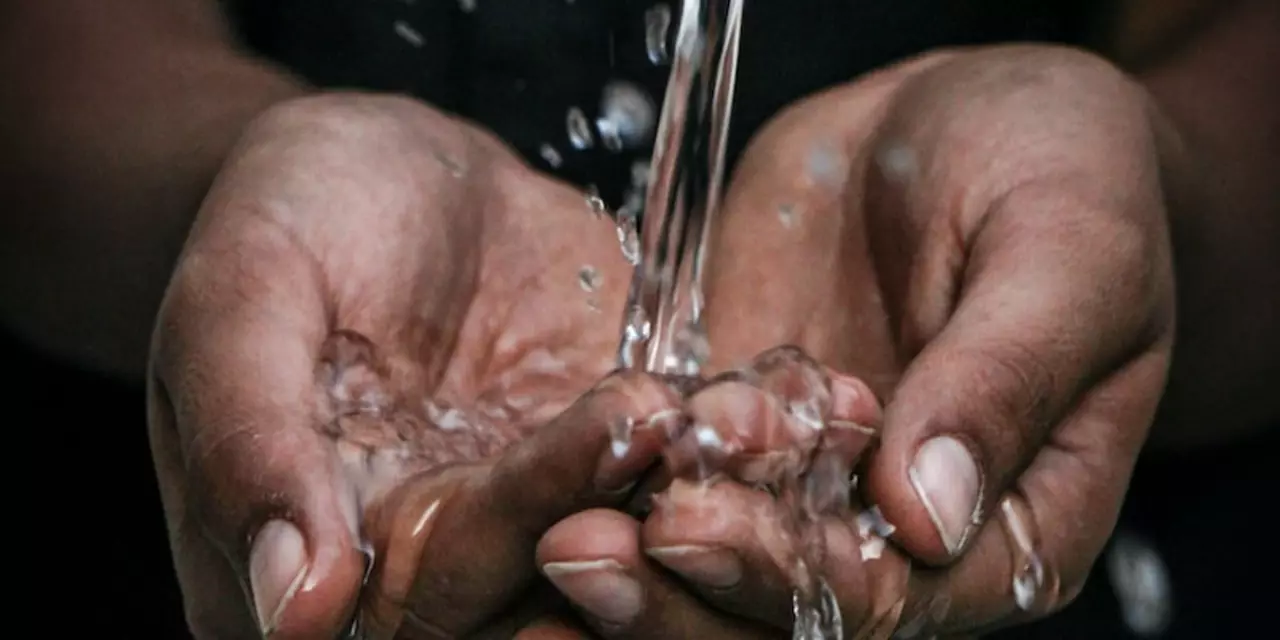Water damage is a serious problem for homeowners. Surprising and costly, it can lead to extensive repairs and even worse, long-term structural damage. Fortunately, there are many steps you can take to protect your home from water damage.
1. Inspect your plumbing regularly
One of the most important things you can do is to regularly inspect your plumbing. Look for signs of leaks, water discoloration, or moisture buildup. If you notice any of these issues, take steps to repair them immediately.
2. Check your roof and gutters
Inspect your roof and gutters at least twice a year. Make sure they are free of debris and in good condition. You should also check your downspouts. If they’re clogged, water can back up and cause water damage.
3. Install a sump pump
A sump pump is a great way to protect your basement from water damage. It pumps out any water that accumulates in the basement and prevents flooding. Make sure your sump pump is in working condition and check it regularly.
4. Make sure your home is properly graded
Another way to protect your home from water damage is to make sure your home is properly graded. This means that your home should be built on a slope so that water runs away from the foundation. If it’s not, you should consider having it graded.
5. Install a water alarm
A water alarm is a device that detects any water buildup and alerts you to potential problems. It’s a great way to detect leaks early and take action before the damage gets worse.
By taking these steps, you can help protect your home from water damage. Regular maintenance and inspections will help ensure that your home is safe and secure.
Tips for Preventing Water Damage in Your Home
Water damage can be a costly and inconvenient problem, but there are a few steps you can take to prevent it from happening in your home. Here are some tips to help keep your home safe from water damage:- Check your plumbing regularly: Inspect your plumbing for any leaks or signs of wear and tear. Make sure to check for any cracks or loose fittings around pipes or fixtures. If you find any issues, make sure to have them repaired as soon as possible.
- Check for clogged drains: Clogged drains can cause water to back up and overflow, leading to water damage. To prevent this, make sure to check your drains regularly for any blockages or build-up of debris. If you find any, make sure to have them cleared out promptly.
- Install sump pumps: Sump pumps are designed to pump out water that has accumulated in your basement or crawl space. This can help prevent water damage and flooding in these areas. Make sure to check your pump regularly to ensure it’s working properly.
- Inspect your roof: Look for any damage or signs of wear and tear on your roof. Make sure to have any issues repaired promptly to prevent water from seeping into your home.
- Check your windows and doors: Make sure that your windows and doors are properly sealed to keep water out. If you find any gaps or cracks, make sure to caulk them up to prevent water from entering your home.
- Check your gutters: Make sure to inspect your gutters regularly for any blockages. Clogged gutters can cause water to back up and overflow, leading to water damage. Clean out your gutters regularly to prevent this from happening.
- Install a backwater valve: A backwater valve is designed to prevent sewage from backing up into your home. This can help protect your home from water damage due to a clogged sewer line.
When it comes to preventing water damage, it’s important to understand the common causes of water damage. These can include leaking pipes, overflowing sinks, and other plumbing issues. It’s also important to know that water damage can be caused by natural disasters, such as floods or hurricanes. Here are some common causes of water damage and how to avoid them.
Leaking Pipes
Leaking pipes are one of the most common causes of water damage. To avoid this type of water damage, it’s important to regularly inspect your pipes for any signs of leaks. If you do find a leak, make sure to contact a professional to repair it as soon as possible. You should also consider investing in a water leak detector to help you identify any water leaks in your home.
Overflowing Sinks and Toilets
Overflowing sinks and toilets can cause water damage if not addressed quickly. To prevent this type of damage, make sure to clear any clogged drains or toilets as soon as possible. You should also regularly inspect the pipes and seals around your sinks and toilets to ensure they are in good condition.
Heavy Rainfall
Heavy rainfall can cause water damage if you don’t take the necessary precautions. To prevent this type of damage, it’s important to ensure that your home’s foundation and roof are in good condition. Make sure to inspect them regularly and perform any necessary repairs or maintenance. Additionally, you should consider investing in a sump pump to help remove excess water from your home.
Floods
Floods can cause serious water damage to your home and property. To protect your home from flood damage, make sure to inspect your home’s foundation, basement, and roof for any signs of water damage. Additionally, you should consider purchasing flood insurance to help cover any potential water damage costs. Finally, make sure to have an emergency plan in place in case of a flood.
Water damage can be a serious issue if not addressed properly. By understanding the common causes of water damage and taking the necessary precautions, you can help protect your home from potential water damage.
Home maintenance is an important part of preventing water damage. Regularly inspect your roof, walls, and foundation for any signs of water damage or leaks. Pay close attention to areas around windows, doors, and vents. Make sure all seals are in good condition and that there are no cracks or gaps that could allow water to enter your home. Additionally, check for any clogged gutters and downspouts, as they could cause water to accumulate on your roof or around the foundation of your home.
It is also important to check your plumbing system for any signs of damage such as leaking pipes or fixtures, or any visible signs of corrosion. If you notice any of these signs, contact a plumber immediately to prevent further damage. Additionally, inspect your water heater for any signs of rust or corrosion. If you find any, contact a professional to inspect the water heater and make any necessary repairs.
Regularly inspect your appliances for any signs of leaking water. Pay close attention to dishwashers, refrigerators, and washing machines. If you notice any signs of leaking, contact a professional to make any necessary repairs. If you are unable to make these repairs yourself, contact a professional to help.
Finally, check your outdoor areas for any signs of water damage such as standing water, soggy soil, or cracked concrete. If you notice any of these signs, contact a professional to inspect the area and make any necessary repairs.
By following these simple steps, you can help prevent water damage to your home. Regularly inspect your home and make any necessary repairs to help keep your home safe and sound. If you have any questions or need assistance with any of these tasks, contact a professional for help.
One of the best ways to prevent water damage in your home is to regularly inspect it for signs of water damage. This should include checking all plumbing, windows, and roofing systems, as well as any other areas that are susceptible to water damage. Regular inspection can help you identify any potential issues before they become major problems. Here are some of the benefits of regularly inspecting your home for water damage:
- It helps you identify potential problems early, allowing you to fix them before they become major issues.
- It can save you time and money in the long run, as you won’t have to deal with costly repairs if a problem is identified and fixed quickly.
- It can help you prevent future water damage, as you’ll be able to spot any potential problems and fix them before they become a major issue.
- It can help keep your home safe and healthy, as you’ll be able to spot any potential health hazards related to water damage.
Inspecting your home for water damage can be a tedious task, but it’s worth it in the long run. Regularly checking for signs of water damage can save you time and money, and can help keep your home safe and healthy. If you do suspect water damage in your home, it’s best to contact a professional to inspect and repair the issue as soon as possible.

